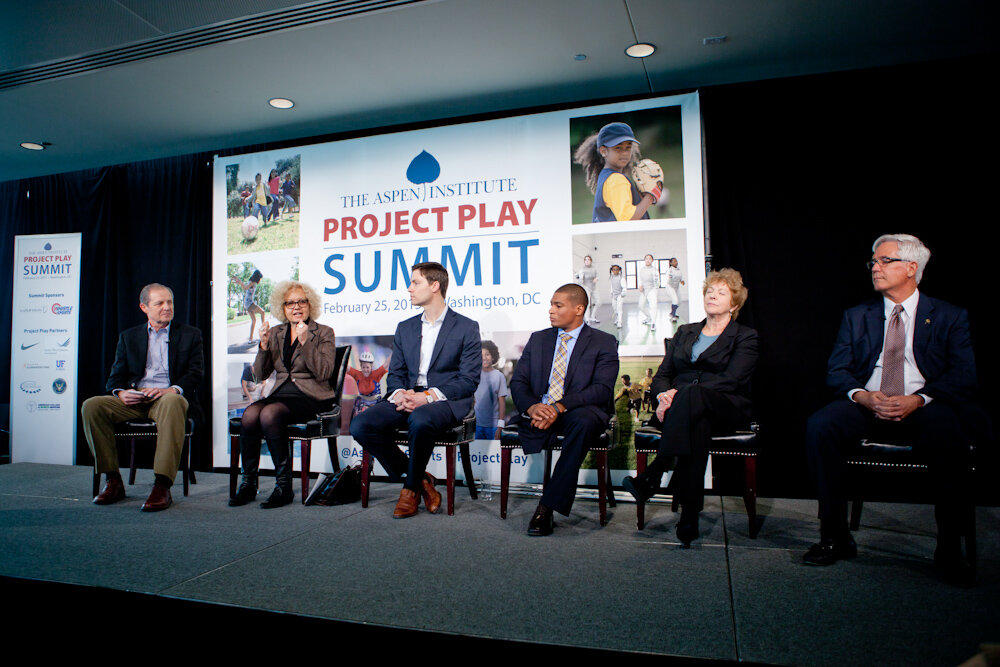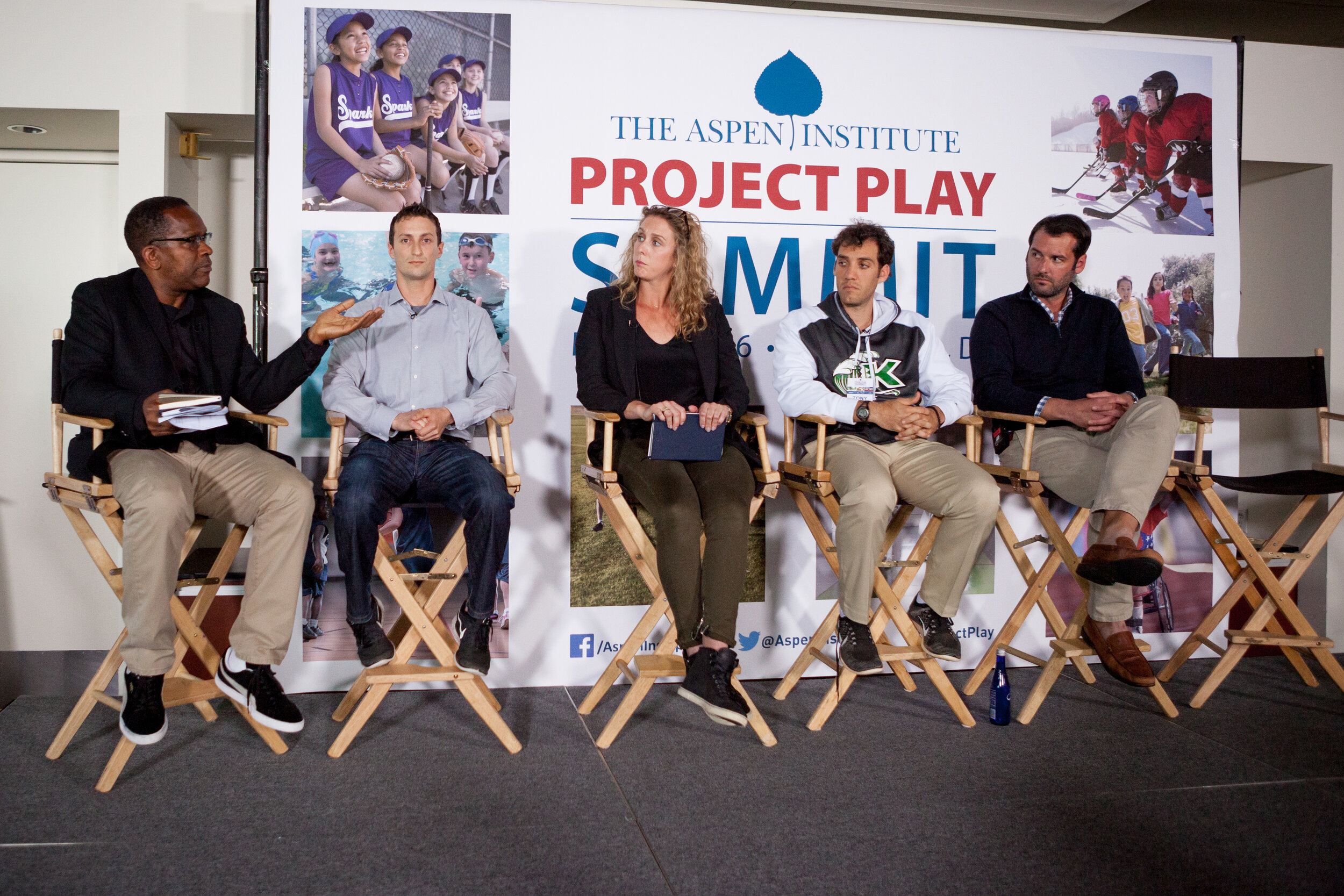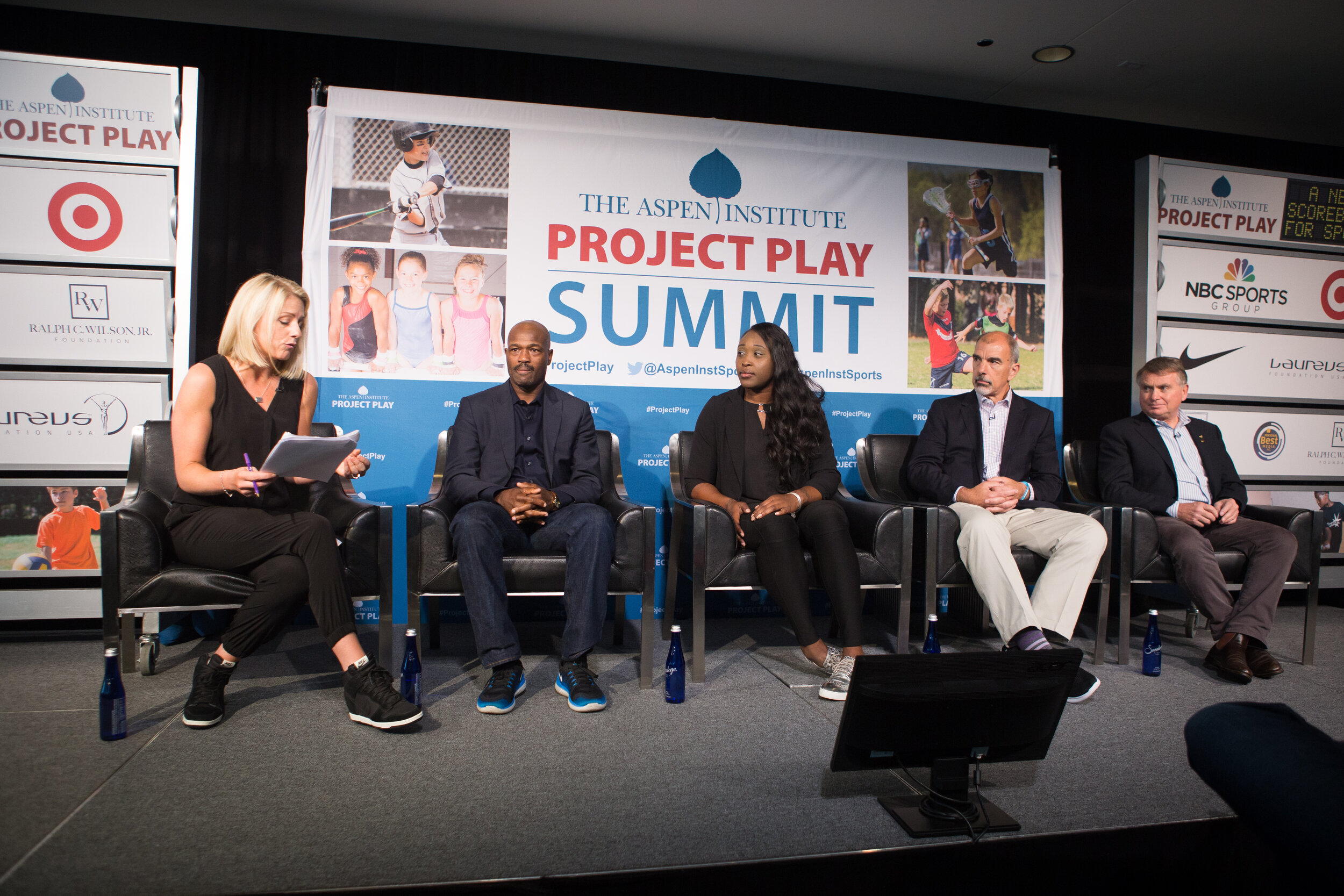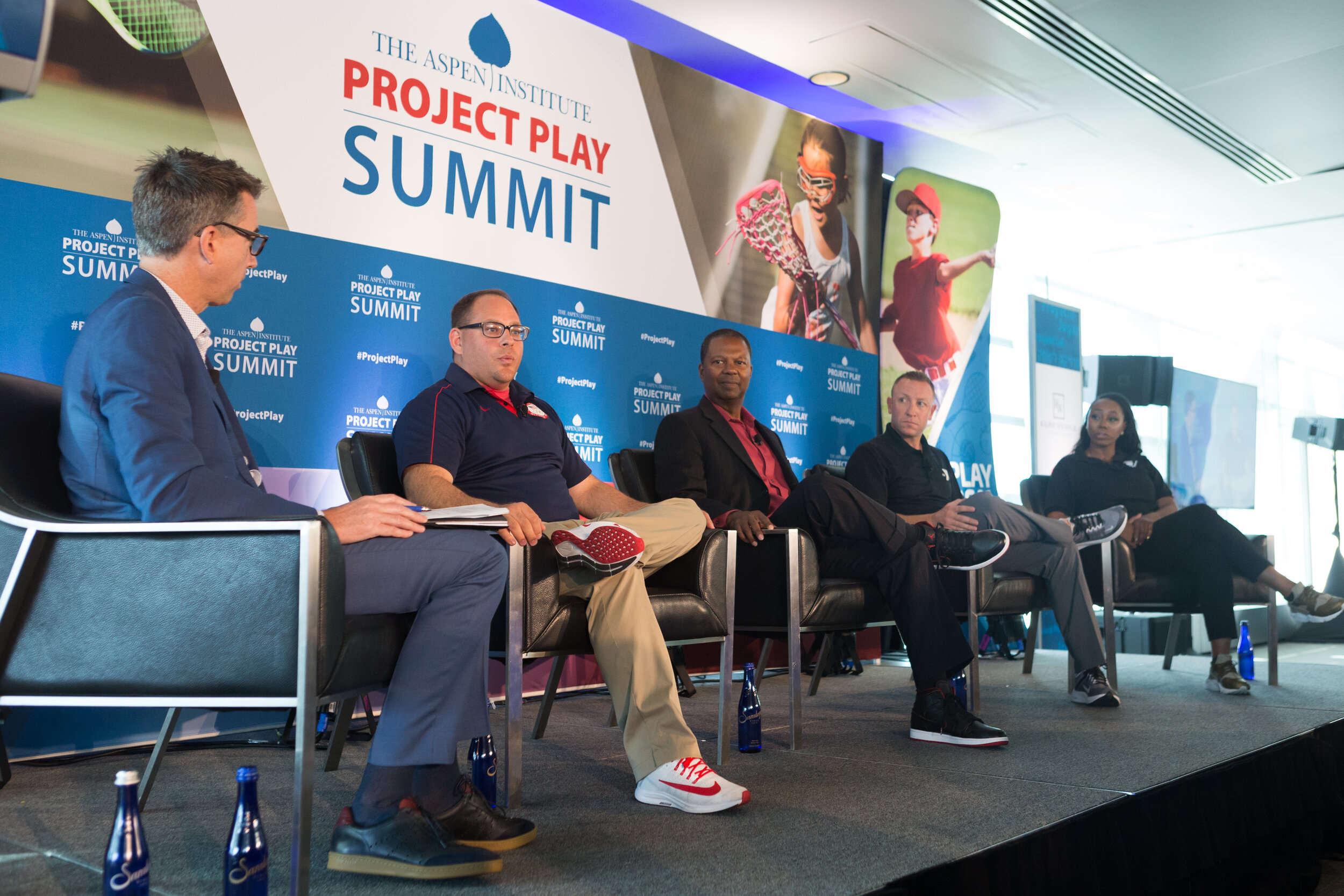Coaches are the backbone of youth sports, serving as mentors, role models and inspirations for generations of young athletes. But unlike other educators, youth sports coaches are often unpaid or underpaid volunteers, with little training or time to complete it beyond the mandated certifications in critical topics like CPR, concussions and SafeSport. Research has consistently shown that kids who play for trained coaches have a better experience. It is time to recognize coach training as critical to the youth sports experience, and to work together to make it more accessible to every coach.
From Sport for All, Play for Life:
One study found that only 5 percent of kids who played for trained coaches quit the sport the next year; the attrition rate was 26 percent otherwise (Barnett, Smoll & Smith, 1992). Of the 6.5 million youth coaches, fewer than 1 in 5 are trained in effective motivational techniques — how to communicate well with kids — and only 1 in 3 say they have been trained in sport skills or tactics (SGMA, 2012). Whether by mandates or incentives, the time has come to greatly increase the number of credentialed coaches in the United States. The minimum ask: training in 1) coaching philosophy on how to work with kids, 2) best practices in the areas of physical literacy and sport skills, and 3) basic safety.
What Kids Want from a Coach
The answers they gave researchers.
(Data: Visek et al., Journal of Physical Activity & Health, 2014)
IDEAS
“A lot of coaches really stay focused on winning the game, and if your kid has a great arm they try to overuse it. That could be a red flag.”
Albert Pujols, MLB legend
RESOURCES
5 ways to tell that your child has a trained coach
Learn more in this one-pager created for Project Play by the U.S. Olympic and Paralympic Committee.
HOW TO COACH KIDS
Find the resources you need to be a better coach at our How to Coach Kids website, which includes a free, 30-minute course that offers grounding in the basics.
CALLS FOR COACHES
For a deep dive on developing social and emotional skills in children through coaching, explore our Calls for Coaches report, which includes a one-page checklist.
SUMMIT SESSIONS





“There are lots of volunteers who want to do this. It's not like we have to convince them. The bad news is they don't have access to the information they need, to be able to coach in a positive and age-appropriate manner.”
Janet Carter, Executive Director, Coaching Corps
FINDING SUCCESS
Only 25 percent of youth coaches in the United States are women (SFIA survey for the Aspen Institute, 2013). But at Coaching Corps in California, it’s 47 percent — women are seen as critical agents in mentoring and as role models for girls, especially those in immigrant communities. To recruit women, Coaching Corps forges partnerships with universities, some of which provide students with college credit for participating in leadership training and volunteering as coaches.
For more ideas, read about the commitments made by Project Play Champion organizations here.

